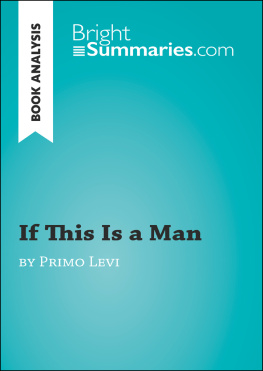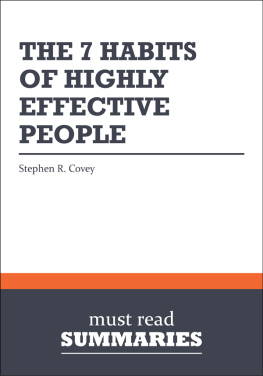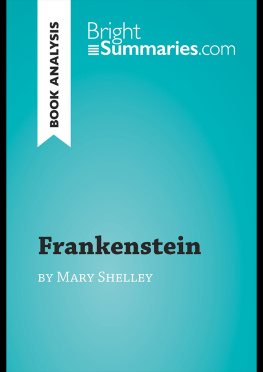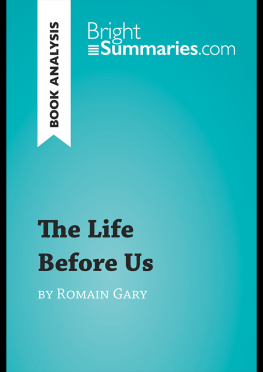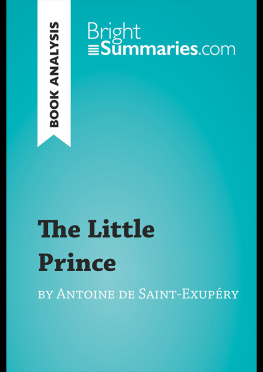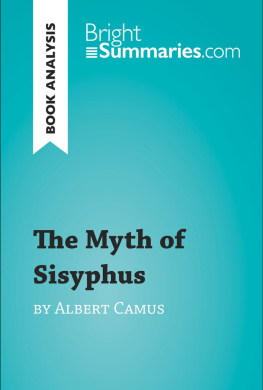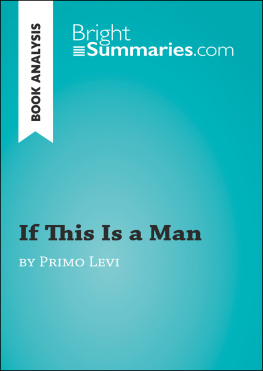PRIMO LEVI
ITALIAN WRITER AND HOLOCAUST SURVIVOR
- Born in 1919 in Turin
- Died in 1987 in Turin
- Notable works:
- If This Is a Man (1947), autobiographical story
- The Truce (1963), novel
- The Drowned and the Saved (1986), novel
Primo Levi (1919-1987) was born in Turin into a middle-class Jewish family. After studying chemistry in his hometown, he moved to Milan where he worked and joined a group of anti-fascist resistants in 1943. As a result, he was arrested and deported to Auschwitz in February 1944. He survived living there for a year, until the camps liberation by the Red Army in January 1945. Upon his return to Italy, he found work as a chemist and married Lucia Morpurgo, with whom he had two children.
Once he returned from Auschwitz, he wrote his first book, If This Is a Man (1947), followed by several others: The Truce (1963), which tells of his journey back to Italy, The Periodic Table (1975), which deals with his chemistry experiments, and The Drowned and the Saved (1986), his last and darkest book. Primo Levi committed suicide in 1987.
IF THIS IS A MAN
AUSCHWITZ OR HUMAN DENIAL
- Genre: autobiographical story
- Reference edition: Levi, P. 1996. Survival in Auschwitz. Touchstone. New York.
- 1st edition: 1947
- Themes: Holocaust, World War II, Nazism, concentration camps, survival
If This Is a Man is one of the first testimonies on life in a concentration camp. According to the words of the author, the book aims to furnish documentation for a quiet study of certain aspects of the human soul (p. 9). Levi was motivated to write this first-person narrative by his urgent need to share his experience of Auschwitz with those who were unfamiliar.
If This Is a Man was published for the first time in 1947 by a small publishing house. However, the work only experienced limited success immediately after the war. It was not until its reissue in 1958 that If This Is a Man had an important impact, even leading to theater and radio adaptations. Since then, Primo Levis book has been considered an essential reference in literature concerning concentration camps.
SUMMARY
LIFE IN THE CAMP
Aged 24, Levi joined a group of anti-fascist resistants, which led to his arrest by the militia. When asked, he declared himself an Italian citizen of Jewish race (p. 13). He was then sent to a camp near Modena. From there, six hundred Jews men, women and children were sent in sealed goods wagons to Auschwitz.
There, the healthy were separated from the sick: the first were sent to the Buna-Monowitz and Birkenau camps, and the second group was sent to the gas chamber. Levi remembers the men who knew they were leaving for their death and their astonishment at the free brutality, without anger, of the SS.
Levi and his companions were immediately stripped of everything they owned, shaved and tattooed. They received the same old clothes that they had glimpsed the day before on the backs of the camp prisoners. Soon, Levi learned the codes of the Lager (camp), which permeated all of the activities, from labor to sleep, right through to meals. Within days, all hope for the future was lost and the author realized that it was no longer wise to remember the past.
After a few days, he was assigned to block 30, where he discovered two fundamental parameters of camp life: the mixture of languages and the value of bread, not only as food but also as currency. He also met Steinlauf, who insisted on washing himself so as not to be rendered stupid by the concentration camp system, in order to stay alive and bear witness. However, Levi questioned himself: Is it worth maintaining a value system when the Lager is so vicious and absurd?
Levi later injured his foot on an iron girder: he was sent to the infirmary, where he stayed for about twenty days. The prisoners there were exempted from work, which gave them time to think about what they had left behind and the grim news of what man, at Auschwitz, could do to another man, which they would carry into the world if they ever left this hell.
Levi was firmly convinced that life in the Lager was an opportunity to analyze the human soul. This led him to distinguish the chosen from the damned. The damned were those who obeyed the rules and were thus heading for their downfall. The chosen managed to survive by using the most diverse resources: theft, resourcefulness or brute force.
BLOCK 45
On leaving the Ka-Be, Levi was arbitrarily reassigned to block 45 where, by chance, he found his friend Alberto. He had to once again find cutlery and everything necessary for survival, before returning to the exhausting pace of work and the nights without rest. The working days, in the cold and snow, were exhausting. They were punctuated by brief escapes to the latrines, under the supervision of a workmate, and the much anticipated lunch break. They were served a watery soup, which warmed them up and allowed a tiny moment of relaxation.
Trade was part of life in the camp: tobacco, fabric and food collected on meager rations were stolen and exchanged. Values fluctuated according to events. The heart of this activity was the stock market, where all the prisoners gathered by nationality. Thieves as well as victims of theft were severely punished, but how, in this context, was it possible to distinguish good from evil?
In the Lager, the sole aim was to hold on until the spring. Suffering due to the cold decreased, but hunger, omnipresent, was felt with even more intensity. Templer, the most resourceful of the Kommando in Levis work, found a pot of soup. All were then allowed three additional liters, which was triple their daily ration. At Auschwitz, the action of eating was indicated by the German verb fressen, a term that is usually used for animals. The humanity of the prisoners was denied even as far as the vocabulary used.
KOMMANDO 98
Levi was enlisted, along with his friend Alberto, into Kommando 98, the chemistry Kommando. Beginning with work on the transport of magnesium chloride, he was then given the opportunity to take a chemistry examination that spared him much suffering. On this occasion, he was confronted by Dr. Pannwitz, who looked at him like a being from another world and as if he belonged to a species that was only worthy of being eliminated.
Jean was the Pikolo of Kommando 98, the youngest. He was not assigned a job, but he was responsible for various tasks, including washing the bowls. He was greatly loved by all, and Jean accompanied Levi to go and fetch the pot of soup. Along the way, Levi recited The Song of Ulysses for him, taken from the Divine Comedy of Dante (Italian writer, 1265-1321).
LIBERATION OF THE CAMP
In summer 1944, when the temporal frame appeared to the prisoners as nothing more than an opaque flow (p. 182) without past or future, the Allied bombing unfurled above Auschwitz. At that time, Lorenzo, an Italian civilian worker, took Levi under his wing and prevented him from forgetting that he was human.
Kraus worked with Levi one rainy day in November. Levi thought to himself that Kraus wouldnt survive long. However, on the way home after the working day, Levi gave a long explanation to Kraus, in which he pretended to have dreamt that Kraus came to visit him in Italy.

